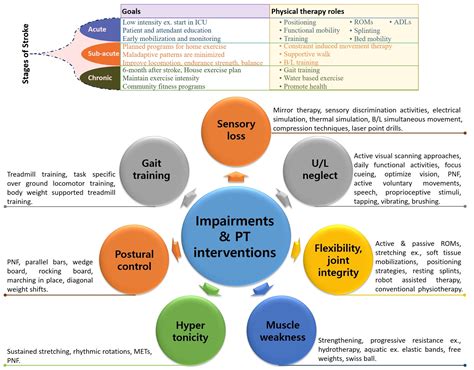Winning Your Disability Case After a Stroke: Proven Strategies
A stroke can dramatically alter life, leaving individuals with debilitating physical, cognitive, and emotional challenges. Navigating the complexities of applying for disability benefits after a stroke can feel overwhelming. This article provides proven strategies to significantly increase your chances of winning your disability case. We'll cover key aspects of the application process and address common questions encountered by stroke survivors.
Understanding the Social Security Disability Insurance (SSDI) and Supplemental Security Income (SSI) Programs
Before diving into strategies, it's crucial to understand the difference between SSDI and SSI. SSDI is based on your work history and the amount of Social Security taxes you've paid. SSI, on the other hand, is a needs-based program for individuals with limited income and resources. The application process and eligibility criteria differ, so determining which program is appropriate for your situation is the first step.
What Medical Evidence Do I Need to Support My Claim?
Compelling medical evidence is paramount. This includes:
- Detailed medical records: These should chronicle your stroke, its impact on your functioning, and your ongoing treatment. Ensure your doctors thoroughly document your symptoms, limitations, and the frequency and intensity of your difficulties.
- Physician statements: Your doctors should complete residual functional capacity (RFC) forms, detailing what you can and cannot do physically and cognitively. These forms are critical in establishing the severity of your limitations.
- Therapy reports: Physical, occupational, and speech therapy reports provide concrete evidence of your progress (or lack thereof) and the ongoing need for treatment.
- Neuropsychological testing: If cognitive impairments are present, results from neuropsychological evaluations are vital in showcasing the extent of your cognitive deficits.
- Independent Medical Examinations (IMEs): While often daunting, IMEs provide an opportunity to present your case to an independent physician. Thorough preparation with your own medical team is crucial.
How Do I Effectively Describe the Impact of My Stroke on My Daily Life?
The Social Security Administration (SSA) wants to understand how your stroke affects your ability to work. Be precise and detailed when describing:
- Activities of daily living (ADLs): Detail difficulties with bathing, dressing, eating, toileting, and other everyday tasks.
- Instrumental activities of daily living (IADLs): Describe challenges with managing finances, preparing meals, shopping, using transportation, and other essential tasks.
- Pain and fatigue: Chronic pain and fatigue are common after a stroke and significantly impact daily life. Accurate documentation is crucial.
- Cognitive impairments: Clearly articulate any memory problems, difficulty concentrating, impaired judgment, or other cognitive deficits. Provide specific examples of how these affect your ability to function.
What if My Claim is Denied? What are my options?
Denial is not the end. You have the right to appeal. The appeals process involves several stages:
- Reconsideration: A review of your case by a different SSA examiner.
- Administrative Law Judge (ALJ) hearing: A hearing before an ALJ, where you can present your case and testify.
- Appeals Council review: Review of the ALJ's decision by the Appeals Council.
- Federal court appeal: If all else fails, you can appeal to a federal court.
Each stage requires careful preparation and often involves legal representation.
How Can a Disability Attorney Help Me?
A disability attorney specializing in stroke cases offers invaluable assistance throughout the process. They can:
- Organize and present your medical evidence effectively.
- Represent you at hearings and appeals.
- Negotiate with the SSA.
- Help you understand the complex regulations and procedures.
What are some common mistakes to avoid?
- Inaccurate or incomplete documentation: Thorough and accurate medical records are vital.
- Lack of follow-up: Consistent medical care demonstrates the ongoing nature of your condition.
- Failure to appeal a denial: Don't give up after an initial denial.
- Poor communication: Clearly and consistently communicate your symptoms and limitations.
How Do I Find a Qualified Disability Attorney?
Consult your doctor or a local legal aid organization for referrals. You can also search online for attorneys specializing in disability law, ensuring they have experience handling stroke cases.
Winning your disability case after a stroke requires meticulous preparation, thorough documentation, and often, professional legal representation. By understanding the process, gathering strong medical evidence, and presenting your case effectively, you significantly increase your chances of receiving the benefits you deserve. Remember, perseverance and attention to detail are crucial elements in this challenging journey.

